Kho Kho Review: Rajisha Vijayan And Mamitha Baiju's Malayalam Film Is A More Interesting Version Of Hansal Mehta’s Chhalang
Kho Kho has no great moments of revelation. But it does convey a subdued sense of outrage at the way the boys whistle at girls playing what’s considered a boys’ game, or the way the male teachers talk to or talk about Maria.
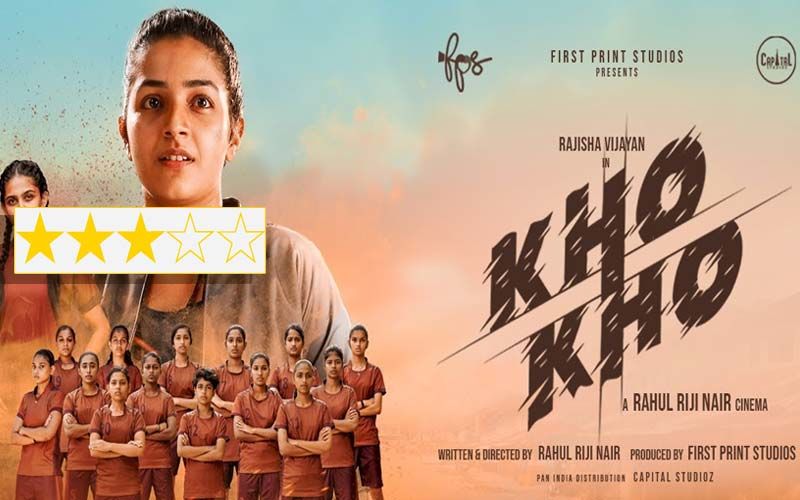

Like the coach Shah Rukh in Chak De! India, Rajisha Vijayan comes to the potentially triumphant sports team with a lot of negative emotional baggage. Maria’s marriage isn’t in the pink of health. She has left behind a highly disgruntled husband (Venkitesh VP) who wants his wife to look after his mother while he busies himself with various failed business ventures, leaving them in a financial mess.
Yup, for this couple it is ‘till debt do us part.’ Like a lot of teacher-heroes in our cinema, Maria is trying to seek a way out of her own problems in a godforsaken school in a far-flung town. What sets her apart from the other Alices of arid land, is her disposition to work on whim and act on impulse even at the risk of seeming inconsistent.
Maria has married a man her father doesn’t approve of and lost the chance to be a state-level athlete. But when in the present, the captain of the kho-kho team Anju(Mamitha Baiju, well played ) falls for the team manager (Ranjit Shekar Nair) Maria puts her foot down and even threatens to throw Anju out of the team.
Though there is some interesting acting all across the film (the director Raju Riji Nair himself plays Maria’s unctuous cheesy colleague with just the right level of humour) it is the unknown actor playing Anju’s father who leaves a lingering impact when he tells Anju why he can’t see tears in his daughter’s eyes.
Kho Kho doesn’t aspire to be a sports epic. There is no grand tournament at the end, no enforced interludes of victory. The narration moves at its own volition generating warmth out of the raw material of honesty rather than showmanship. The inter-relationships between Maria and her husband (reminiscent of Vidya Balan and her husband in the recent Sherni), between Maria and the captain of the team Anju and specially between Maria and her dead father, are tenderly woven into the sports drama.
Kho Kho has no great moments of revelation. But it does convey a subdued sense of outrage at the way the boys whistle at girls playing what’s considered a boys’ game, or the way the male teachers talk to or talk about Maria.
But the protests are never aggressive. And the game of kabaddi is not an excuse to hammer in a message on gender equality -- these girls play kho-kho because… well, it’s there. Someone has to do the dirty job.
Image source: Youtube/123Musix, Instagram/rajishavijayan
Image source: Youtube/123Musix, Instagram/rajishavijayan
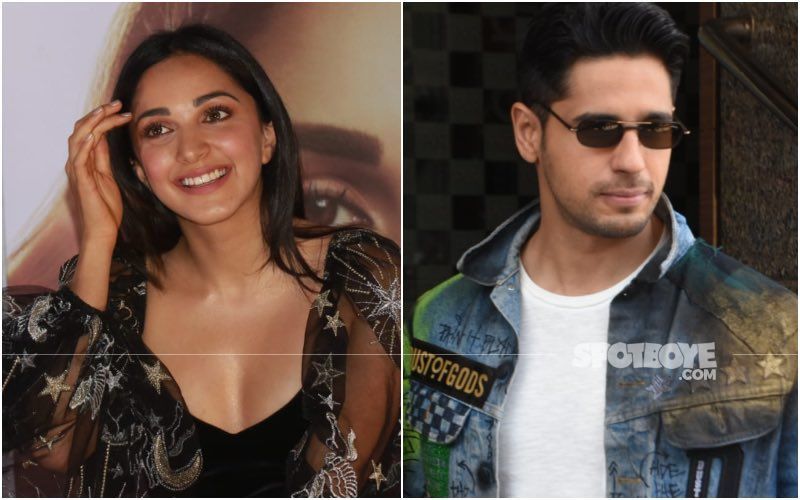
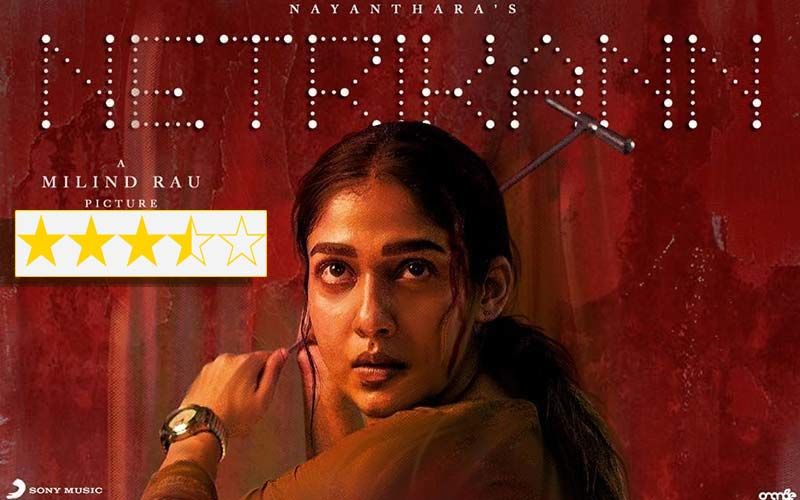
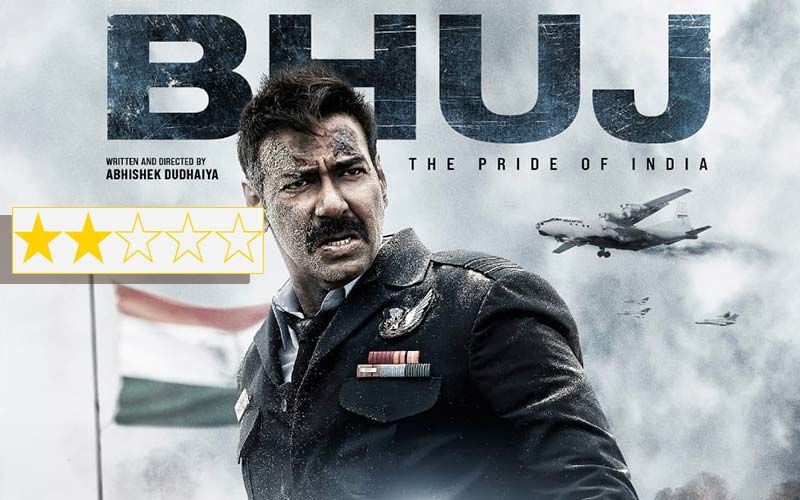
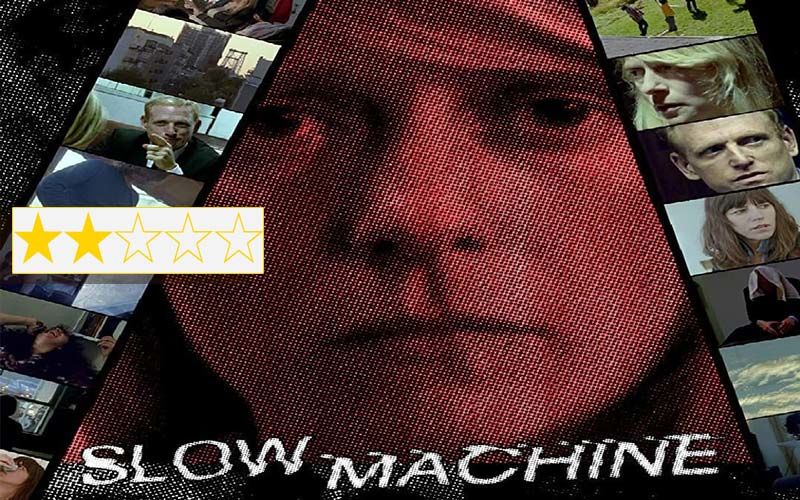
_2024-12-18-6-32-38_thumbnail_2025-12-18-11-42-19_small.jpg)
